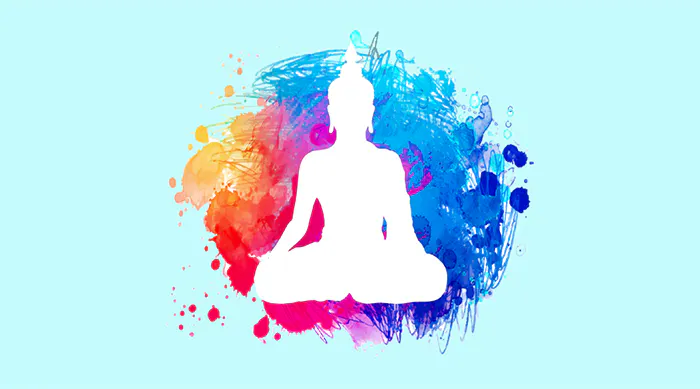Introduction
In our modern, hectic lives, prioritizing mental health is paramount. With stress and anxiety becoming commonplace, individuals are increasingly turning to alternative approaches for holistic well-being. Among these, Reiki stands out as a transformative practice with the potential to significantly impact mental wellness. This article aims to explore the essence of Reiki and its unique contributions to fostering personal well-being.
Decoding the Essence of Reiki
Rooted in 20th-century Japan, Reiki, pronounced as “ray-key,” is a distinctive healing technique. The term itself comprises two components: “Rei,” signifying universal or spiritual, and “Ki,” representing life force energy. Together, Reiki translates to “spiritually guided life force energy,” encapsulating the fundamental principle of this practice.
At its core, Reiki involves the practitioner directing healing energy into the recipient’s body through gentle touch or even without physical contact. The overarching goal is to balance the energy flow within the body, eliminating impediments and nurturing physical, emotional, and spiritual equilibrium.
Unveiling the Nexus Between Reiki and Mental Wellness
Issues related to mental health often manifest as disruptions in the body’s energy systems. Reiki seeks to address these disruptions by harmonizing energy flow, offering a unique avenue for promoting mental well-being. Here’s a closer look at how Reiki can contribute to mental health improvement:
- Stress Alleviation: Reiki’s profound ability to induce deep relaxation is a key asset. Recipients frequently report a profound sense of peace and calm during sessions, providing a respite that can effectively reduce stress and anxiety.
- Emotional Liberation: Emotions intricately intertwine with energy flow within the body. Reiki serves as a catalyst for releasing pent-up emotions and emotional blockages. This cathartic experience often brings emotional relief, fostering improved mental health.
- Enhanced Sleep Quality: Sleep disturbances are common among those grappling with mental health challenges. Reiki sessions offer a remedy by enhancing sleep quality through relaxation and anxiety reduction, facilitating rejuvenating sleep.
- Promoting Mindfulness: Reiki encourages a heightened sense of presence in the moment. This increased mindfulness cultivates awareness of thoughts and feelings, contributing to enhanced self-awareness and improved emotional regulation.
- Balancing Energy: The alignment of the body’s energy centres, known as chakras, is pivotal for mental and emotional well-being. Reiki practitioners focus on balancing these energy centres, fostering a grounded and centred state.
Embarking on Your Reiki Journey
Embarking on the transformative journey of Reiki is accessible and straightforward. Typically conducted in a one-on-one setting with a trained practitioner, the recipient remains fully clothed while either lying down or sitting comfortably. The practitioner places their hands lightly on or near specific areas of the body, facilitating the flow of healing energy.
Throughout the session, sensations such as warmth, tingling, or profound relaxation are commonly reported. The duration of a session varies, ranging from 30 to 90 minutes, tailored to individual needs.
Conclusion
In a world where the pursuit of mental well-being is crucial, Reiki emerges as a gateway to inner harmony. By prioritizing energy balance and fostering relaxation, Reiki becomes a powerful ally in mitigating stress, alleviating anxiety, and fortifying emotional resilience. While Reiki does not substitute professional mental health treatment, it serves as a complementary and invaluable tool in your quest for enhanced mental and emotional health. Why not take a step into the realm of Reiki and uncover the potential benefits it holds for your personal wellness journey?










